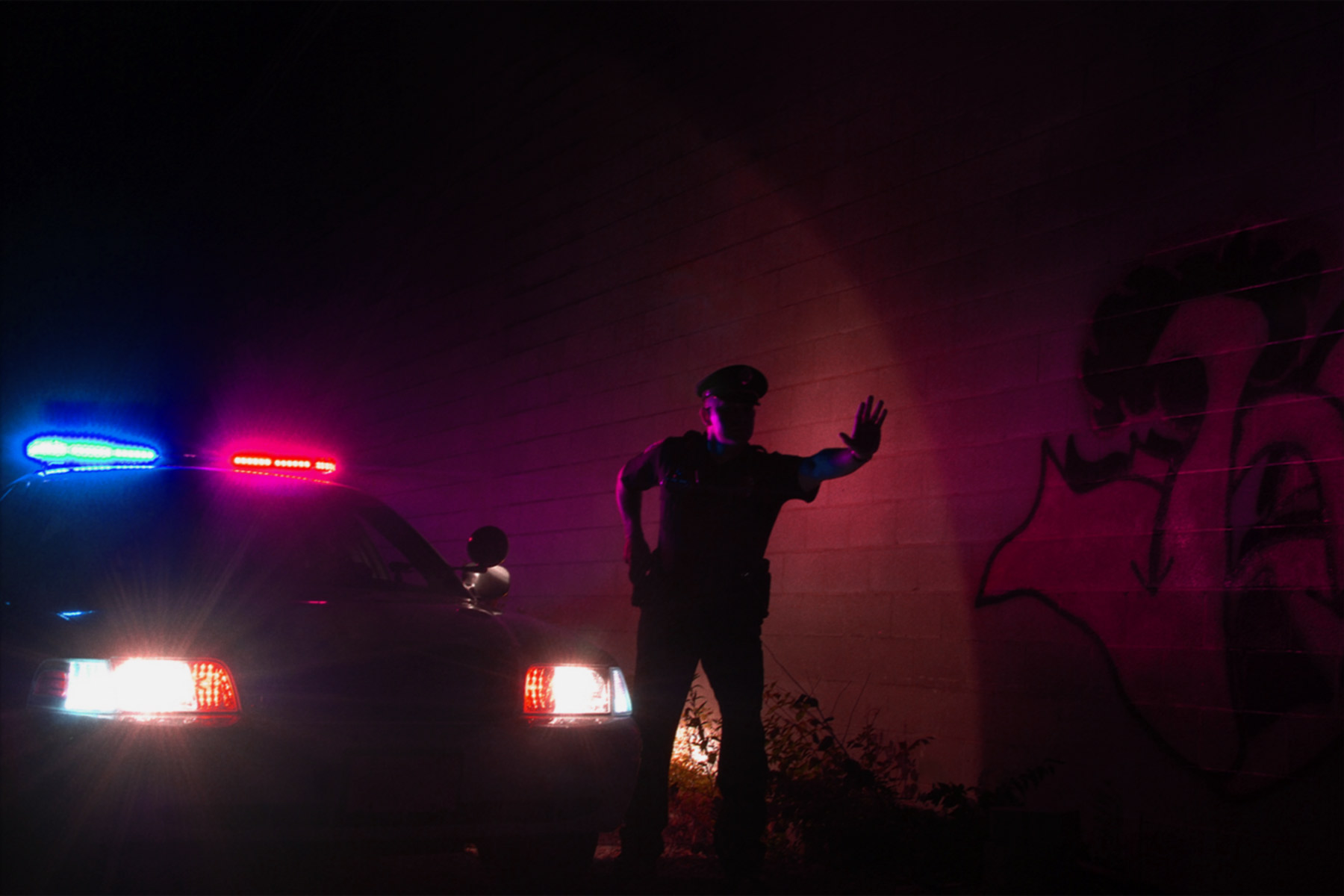scary when police think they have a ‘marketing’ problem… no, thats a ‘do your fucking job without being a terrible human being’ problem
Because there’s never a negative consequence…
If the process even starts, cops nationwide stop doing their job completely.
Imagine if charging a fireman for arson meant firemen stopped responding to calls.
Or if a single malpractice suit stopped doctors from treating patients.
Cops are essentially a gang, they’ve been acting like it for decades now. The only time a cop will admit another cop did something wrong, is if that first cop was a whistleblower. Anything except speaking out against cops and they all close ranks to protect the “bad apple”.
Nothing to add except to also point out that even where there are consequences, these are usually settlements paid by taxpayers. No incentive to change behavior when there’s no impact even at the departmental level.
Example: NYPD “Transparency” Site Leaves Out Misconduct Lawsuits Settled for Millions
Which is why all cops are bad. Don’t care there are no good ones. If they do nothing they’re just as bad.
Because the justice system lets them get away with it…
no mention in this article, but in the US the district attorneys are just as complicit. they all have to ‘work together’, and boy do they.
This has nothing to do with the country in question, this is a global problem. I’d say we need independent oversight boards staffed by random citizens (similar to jury duty) in all countries. (imho)
Because we, the police, and everyone else confuse the ideas of the Justice System and the Legal System.
One is an ideal to try to create equality in society and the other is to maintain a system of power and control.
It makes you wonder and look at the history of why we have police in the first place. They aren’t there to serve or protect people, they are there to enforce laws which were prominently created to protect wealth and property.
Even the term ‘to protect and to serve’ is a marketing term created by the Los Angeles police in the 60s to deal with a terrible image they had at the time of normalized police brutality back then.
The oath that new police officers take is even suspect, in my province in Ontario in Canada where this is used:
I solemnly swear (affirm) that I will be loyal to Canada, and that I will uphold the Constitution of Canada and that I will, to the best of my ability, preserve the peace, prevent offences and discharge my other duties as (insert name of office) faithfully, impartially and according to law.
The statement doesn’t say how they will perform these duties… it can just as easily be used to justify the use of force at a protest against an unpopular government, business or corporation. It also just states that they are meant to uphold laws, it doesn’t say they’ll be nice about it.
It gives you a perspective on the image that they are just LAW ENFORCEMENT, not necessarily a group that is meant to be nice to people, especially when those people disagree with society or the government.
You are absolutely correct!
one only has to look at how the police came about roughly 200 years ago… upperclass brats patrouling the ports to prevent the common rabble like you and myself from stealing crates off of ships and warehouses.
Because it makes their job easier and there are no consequences for getting caught. It will continue until this changes.
“Good cops” lie because they think it makes them good cops, keeping the scum off the streets who would otherwise go free on lack of evidence and other “technicalities”.
ACAB
Fuck the police. Yes your grandpappy too.
Generalizations are fun. It’s shit journalism, but it’s fun.
I didn’t see any “shit journalism.” I saw many references to external sources, including some from police forces themselves. That argues against confirmation bias, the more general bias that what doesn’t meet expectations is more likely to get reported, and mere sensationalism.
Obviously, that does not mean that there was no selection bias in the choice of references. If you have alternative sources, use them or point us in the right direction so we can find them.
When recognizing that someone seems to be generalizing, it’s worth asking whether that’s because it is based on underlying facts or is just in service of an ulterior motive. My take (which may be just confirmation bias) is that the underlying facts argue in favour of some generalization.
Not all police are bad and neither are all departments and forces. But there are too many clear cases of bad behaviour to just ignore the possibility that there really is a general problem that must be dealt with.
Controversial case after controversial case exposes police lies by their own bodycam, security cam, or bystander cam.
Police clearly do lie, and rarely do I read an article that involves those lies being corrected without them being forced to acknowledge them by video from a camera they don’t or can’t control.
Walter Scott was the first lesson I learned this way, and I could not even begin to count how many like that since then just that I personally have become aware of. (And I somehow doubt I am aware of them all)







